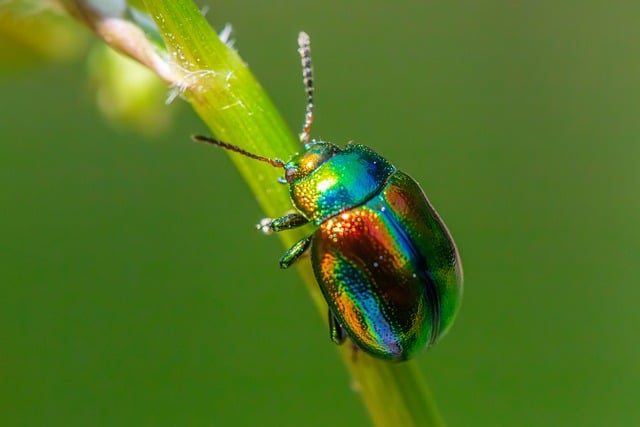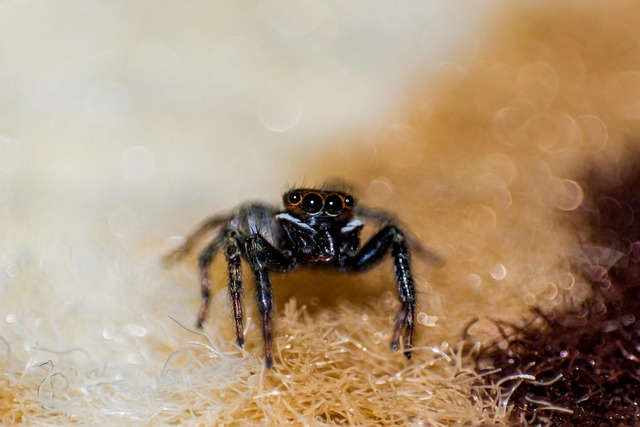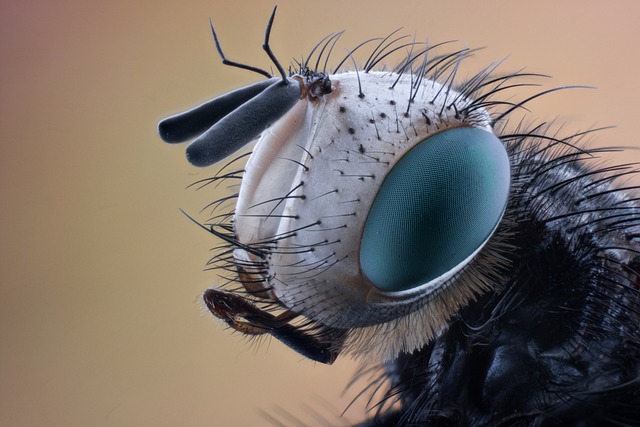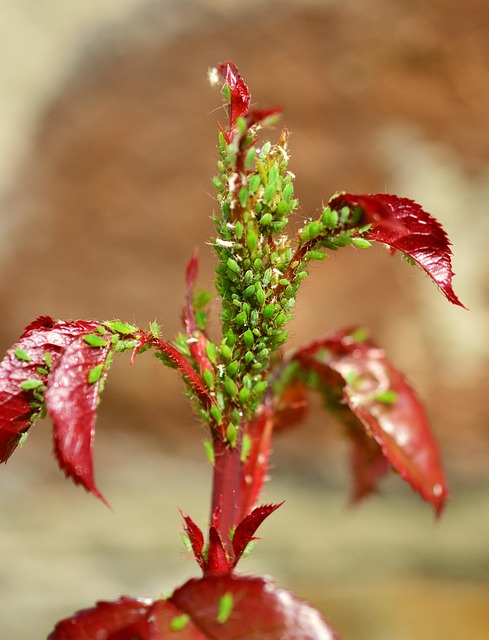In Littleton, organic pest control for home gardens emphasizes prevention and natural solutions. Termite behavior understanding is crucial, focusing on regular inspections, debris removal, and proper drainage to deter termites. Effective organic methods include essential oils, neem oil, beneficial insects, castor oil, companion planting, and natural barriers like gravel or mulch, aligning with eco-friendly practices to maintain garden health and preserve local ecosystems.
In the quest for robust organic pest control for home gardens in Littleton, understanding termite behavior is key. Termites, often unseen, can wreak havoc on your garden and even structural wood in your home. This article guides you through a comprehensive approach, encompassing the nuances of termite behavior, exploring effective organic solutions, and implementing long-term prevention strategies tailored to Littleton’s unique environmental considerations.
- Understanding Termite Behavior in Home Gardens
- Organic Solutions for Effective Pest Control
- Implementing Long-Term Prevention Strategies
Understanding Termite Behavior in Home Gardens

In the peaceful setting of home gardens in Littleton, understanding termite behavior is crucial for effective organic pest control. Termites are social insects that live in colonies, often burrowing deep into the soil and wood structures, making them hard to detect until significant damage occurs. These silent destroyers can remain hidden for years, feeding on wooden elements while maintaining a low profile.
Organic methods offer a safer and eco-friendly alternative to traditional termite control. For home gardens, focusing on prevention is key. Regular inspections, keeping the garden free from excessive wood debris, and ensuring proper drainage can significantly deter termites. Organic treatments like essential oil repellents, neem oil, and beneficial insects can also be employed to disrupt their feeding cycles without harmful chemicals, contributing to a healthier environment for both your garden and local ecosystems.
Organic Solutions for Effective Pest Control

In the quest for effective yet environmentally friendly pest control, organic solutions have emerged as a popular and viable option for homeowners, particularly those with lush home gardens in Littleton. Organic pest control methods focus on harnessing nature’s own defenses against harmful insects, weeds, and other pests, ensuring that both your garden and the local ecosystem remain unharmed. This approach involves using natural substances like plant extracts, essential oils, and beneficial bugs to create a safe and sustainable environment for plants.
For organic pest control in Littleton home gardens, consider employing neem oil, derived from the neem tree, known for its insecticidal properties; or castor oil, which can deter aphids and other pests when sprayed on plant surfaces. Companion planting is another clever strategy where certain plants are grown together to naturally repel pests. Organic solutions not only provide a healthier garden but also contribute to preserving the balance of local wildlife, making them an attractive choice for environmentally conscious Littleton residents.
Implementing Long-Term Prevention Strategies

In the quest for effective termite control, implementing long-term prevention strategies is key. For homeowners in Littleton considering organic pest control for their home gardens, building a multi-faceted approach is essential. This includes regular inspections to identify potential entry points and addressing any wood-to-soil contact, as termites are attracted to moist wood in direct contact with the ground.
Using natural barriers like gravel or mulch around the foundation can deter termites from accessing your home. Additionally, maintaining proper drainage to prevent water accumulation near structures is vital. Organic solutions such as neem oil, diatomaceous earth, and essential oils offer safe alternatives to chemical treatments, promoting a healthier environment while effectively managing termite infestations.
In the quest for a termite-free home garden in Littleton, combining understanding, organic solutions, and long-term prevention strategies is key. By recognizing these pests’ behavior and implementing eco-friendly methods, homeowners can effectively manage termites while promoting a healthier environment. Organic pest control for home gardens in Littleton isn’t just a trend; it’s a responsible approach that ensures the well-being of both your garden and local ecosystem.
